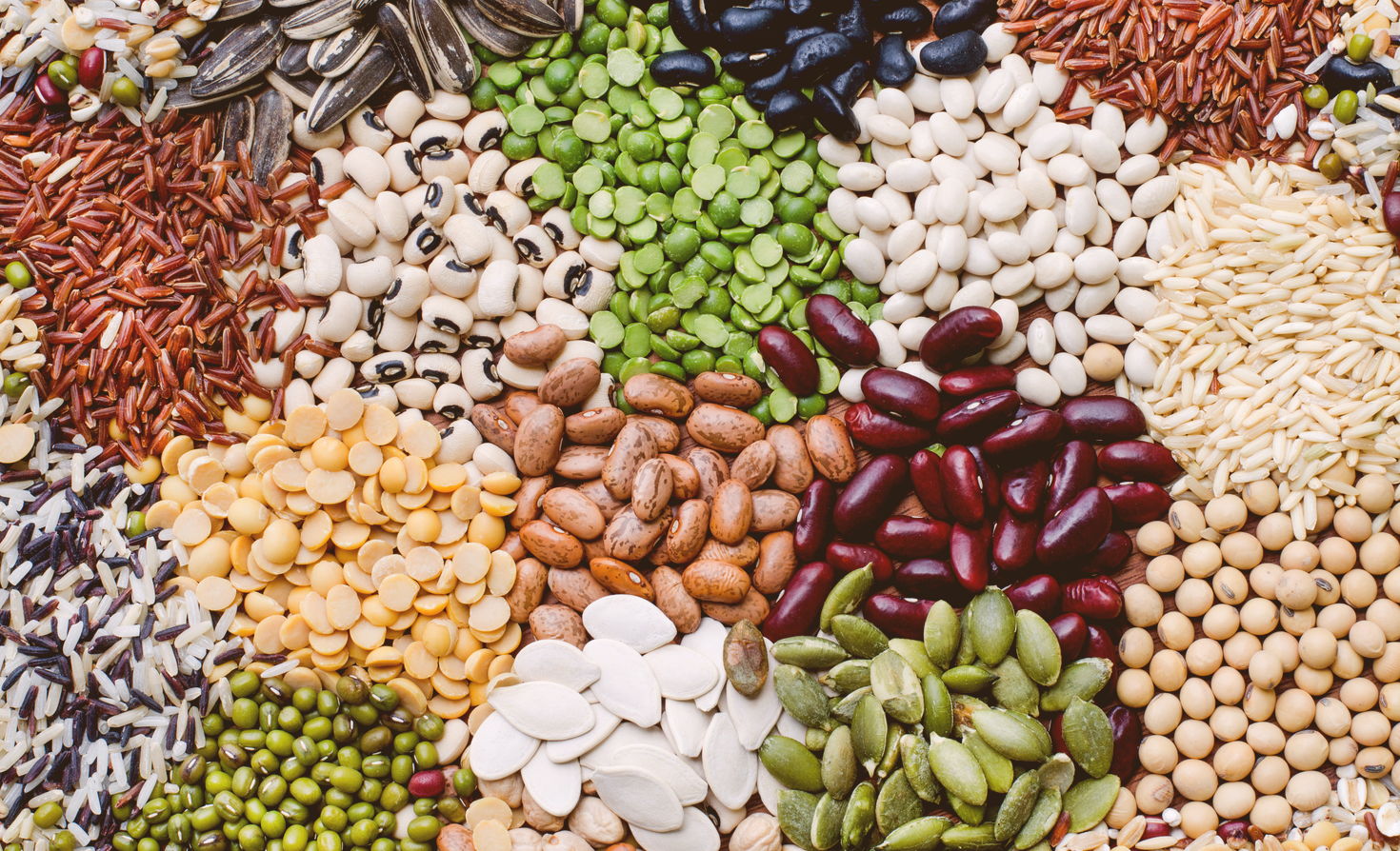By: Savannah Baker
Seeds are the foundational pillar for farms and agriculture across the world.[i] They are the literal source of food production and over the centuries have provided many communities, especially those in rural areas, with access to the food market.[ii] This access has translated into a degree of autonomy for these communities, as growing one’s own food provides food security and prevents the food market from being completely controlled by big corporations with big money.[iii] For centuries, farmers have obtained this independence by partaking in seed sharing, the practice of saving seeds produced by one’s plants and sharing them with others.[iv]
For many, seed sharing is much more than just a hobby.[v] It ensures the preservation and continuance of heirloom seeds, which are seeds that have been passed down for many generations due to their valuable flavor, productivity, or adaptability.[vi] Seed sharing guarantees food diversity and, as opposed to seeds from big companies, allows farmers to actually know what seeds they are getting and growing.[vii] Due to its numerous benefits, seed sharing has an essential place in communities across the world, including in the United States.[viii] Over the years, national and regional seed sharing groups have launched to provide platforms for farmers and gardeners to list, buy, and exchange seeds with one another.[ix]
Unfortunately, since the twentieth century, seed saving and sharing has been under threat.[x] When plant breeding and seed production became separate from farming, industrial seeds became to take prominence over, and eventually replace, heirloom seeds.[xi] In the United States, this seed coup occurred over several decades, spurred on by the development of hybrid plants,[xii] the result of cross-pollinating two different plant varieties and growing the seed the combination produces.[xiii] Since the 1970s, hybrid plants are mostly created by large, private companies, such as Monsanto, Dow, and Syngenta.[xiv] Today, just ten companies have majority control (55%) over the global seed market.[xv]
To maintain their strong grip on the market, these companies rely on seed laws.[xvi] Seed laws are often in in the form of intellectual property rights, such as patents.[xvii] In practice, the seed laws work as follows:
When a company like Monsanto develops a new GMO crop variety, they usually obtain a patent on it from the federal government. That patent allows them to control the use of the seeds containing the GMO technology. When purchasing the seed covered by a patent, farmers sign a Technology Agreement with the seed company. Among other things, that agreement restricts farmers from saving part of their crop and using it as seed in a subsequent year. Instead, farmers have to purchase new seed directly from the company if they wish to once again plant a GMO crop variety.[xviii]
In short, farmers who engage in seed sharing with commercialized seeds can be prosecuted for or held liable.[xix] This has created a massive obstacle to farmers, who, unlike big corporations, often have little to no political power.[xx]
However, this does not mean that farmers are giving up. Across the world, “seed activism” is on the rise.[xxi] Seed activism is defined as “all actions that oppose the enclosure of seeds and defend individual and collective rights to seeds.”[xxii] In Venezuela, a bill known as the Peoples Seed Law rejects any claims of intellectual property over seeds.[xxiii] In Brazil, a national Program for Food Acquisition allows farmers to develop their own seed system in which the government buys seeds from the farmers and sells them to other farmers at no cost.[xxiv] Seed libraries are also on the rise in the United States, with more than 660 libraries in forty-eight states.[xxv]
As seed activism shows, everything evolves with time. But one thing is certain: the value of seeds will never decrease. Every step towards re-liberating the seed is one more step in re-establishing farmers’ fundamental right to “use, exchange, and sell their farm-based seeds.”[xxvi]
[i] La Via Campesina, Seed Laws that Criminalise Farmers: Resistance and Fightback, Grain (Apr. 8, 2015), https://www.grain.org/article/entries/5142-seed-laws-that-criminalise-farmers-resistance-and-fightback#Intro [https://perma.cc/NK95-KUBS].
[ii] Id.
[iii] Id.
[iv] Amy Leibrock, Seed Sharing in the Age of Climate Change, Sustainable Am. (Feb. 22, 2018), https://sustainableamerica.org/blog/seed-sharing-in-the-age-of-climate-change/#:~:text=What%20is%20seed%20sharing%3F,an%20act%20of%20building%20resilien. [https://perma.cc/TUK4-3BQ5].
[v] Id.
[vi] Stephen Scott, What Are Heirloom Seeds?, Terrior Seeds, https://underwoodgardens.com/what-are-heirloom-seeds/ [https://perma.cc/QDV5-7PGJ].
[vii] Liebrock, supra note 4.
[viii] Save Seed Sharing, Seed Matters, https://seedmatters.org/save-seed-sharing/ [https://perma.cc/WP8J-CPK3].
[ix] Id.; See also Find & Share Seeds, Seed Savers Exch., https://exchange.seedsavers.org/ [https://perma.cc/SPN2-YAKE].
[x] Campesina, supra note 1.
[xi] Id.
[xii] Id.
[xiii] Marie Iannotti, What is a Hybrid Garden Plant?, The Spruce (Aug. 13, 2020), https://www.thespruce.com/what-is-a-hybrid-garden-plant-1403422 [https://perma.cc/R2BB-K2V6].
[xiv] Campesina, supra note 1.
[xv] Id.
[xvi] Id.
[xvii] Id.
[xviii] Amanda, No, Farmers Don’t Want to Save Seeds, The Farmer’s Daughter USA (Feb. 23, 2016), http://www.thefarmersdaughterusa.com/2016/02/no-farmers-dont-want-save-seeds.html
[https://perma.cc/6DRV-632F].
[xix] Campesina, supra note 1.
[xx] Maywa Montenegro, How Seed Laws Make Farmers’ Seeds Illegal, AlterNet (May 20, 2015), https://www.alternet.org/2015/05/how-seed-laws-make-farmers-seeds-illegal/ [https://perma.cc/YN6M-S9QY].
[xxi] Karine Peschard & Shalini Randeria, Keeping Seeds in Our Hands: The Rise of Seed Activism, 47 J. of Peasant Stud. 613 (2020).
[xxii] Id. at 614.
[xxiii] Montenegro, supra note 20.
[xxiv] Campesina, supra note 1.
[xxv] Michael Carolan, A Sharing Economy for Plants: Seed Libraries Are Sprouting Up, GreenBiz (Nov. 22, 2018), https://www.greenbiz.com/article/sharing-economy-plants-seed-libraries-are-sprouting [https://perma.cc/L7HB-FEJA].
[xxvi] Campesina, supra note 1.


